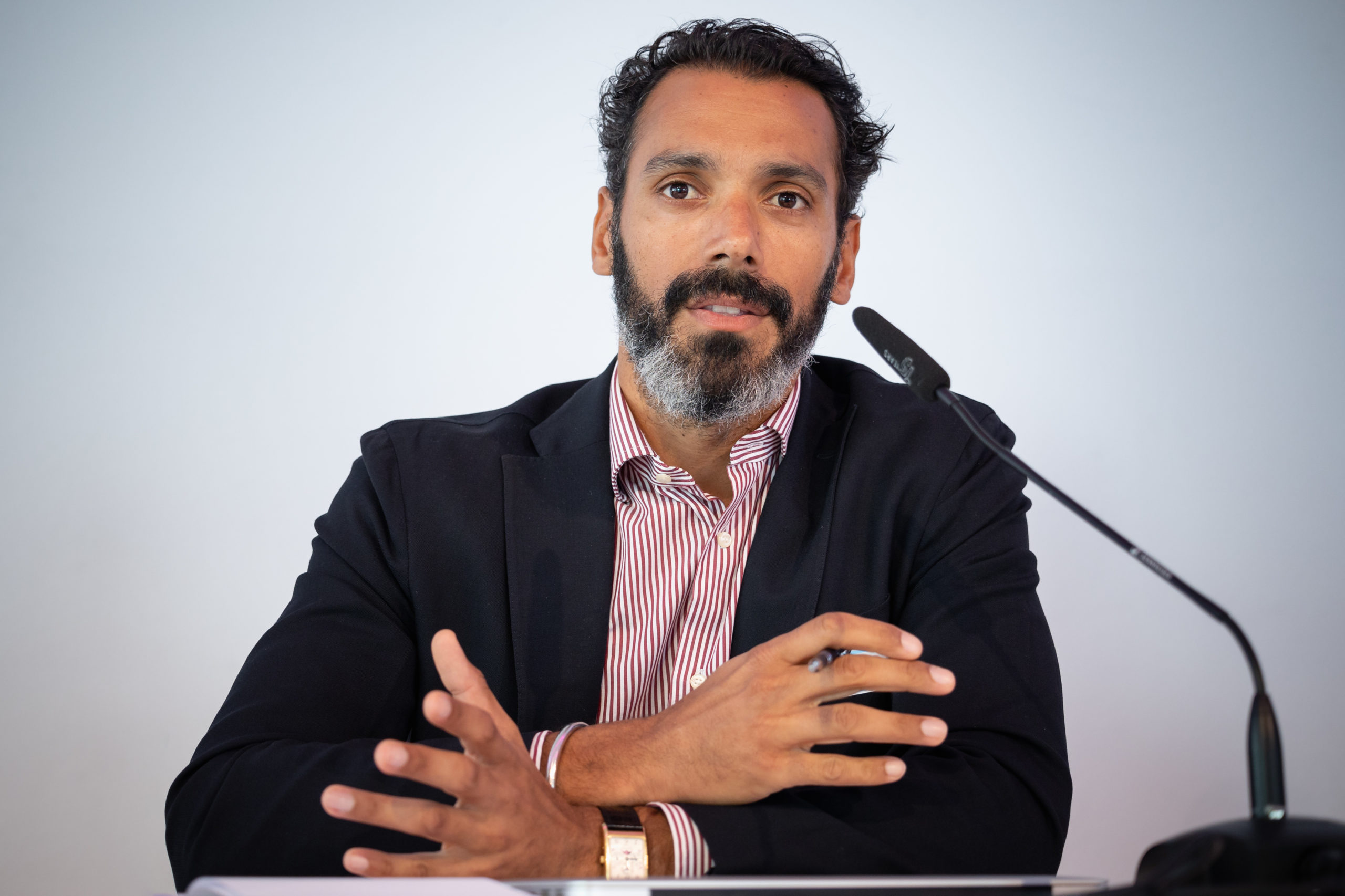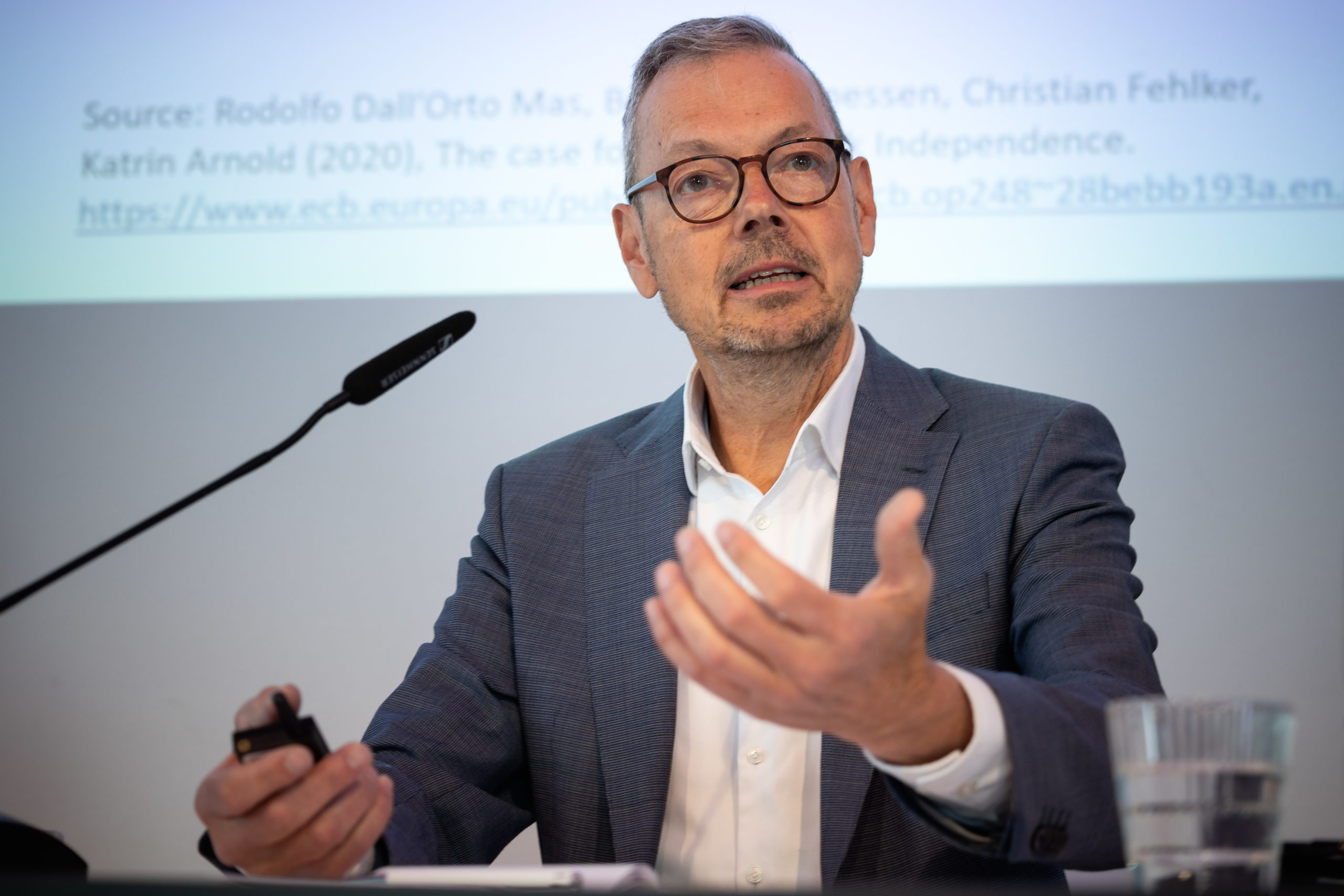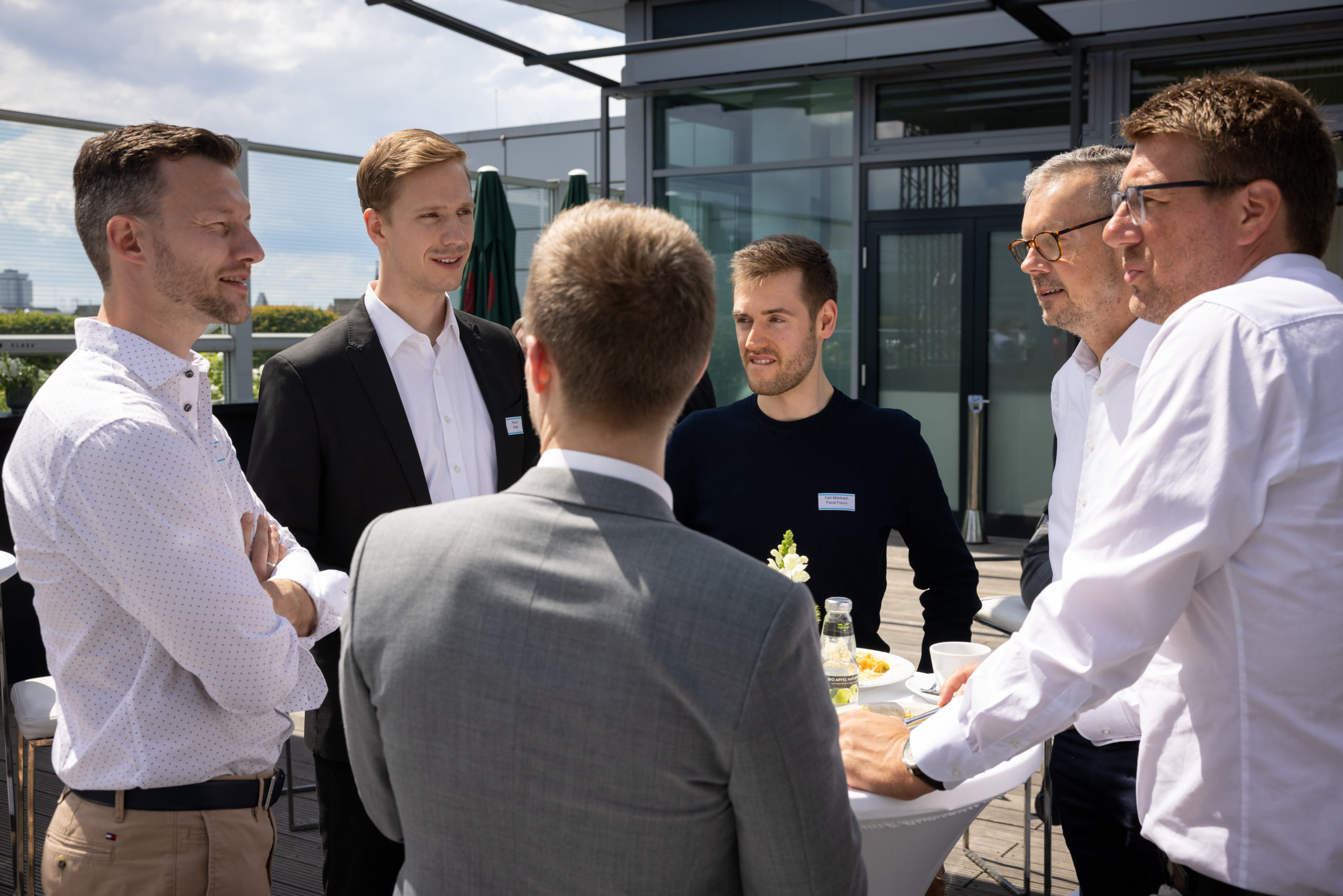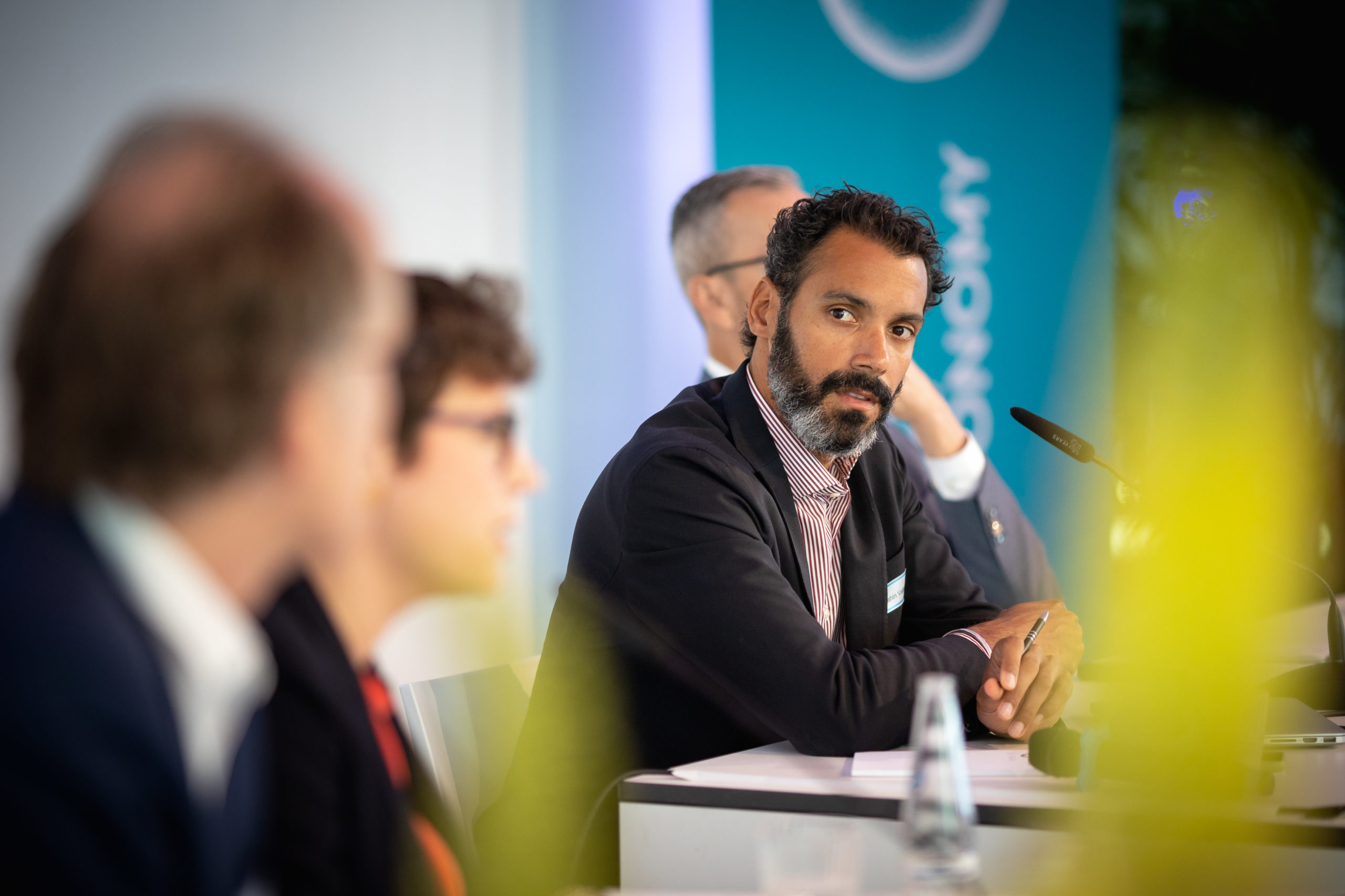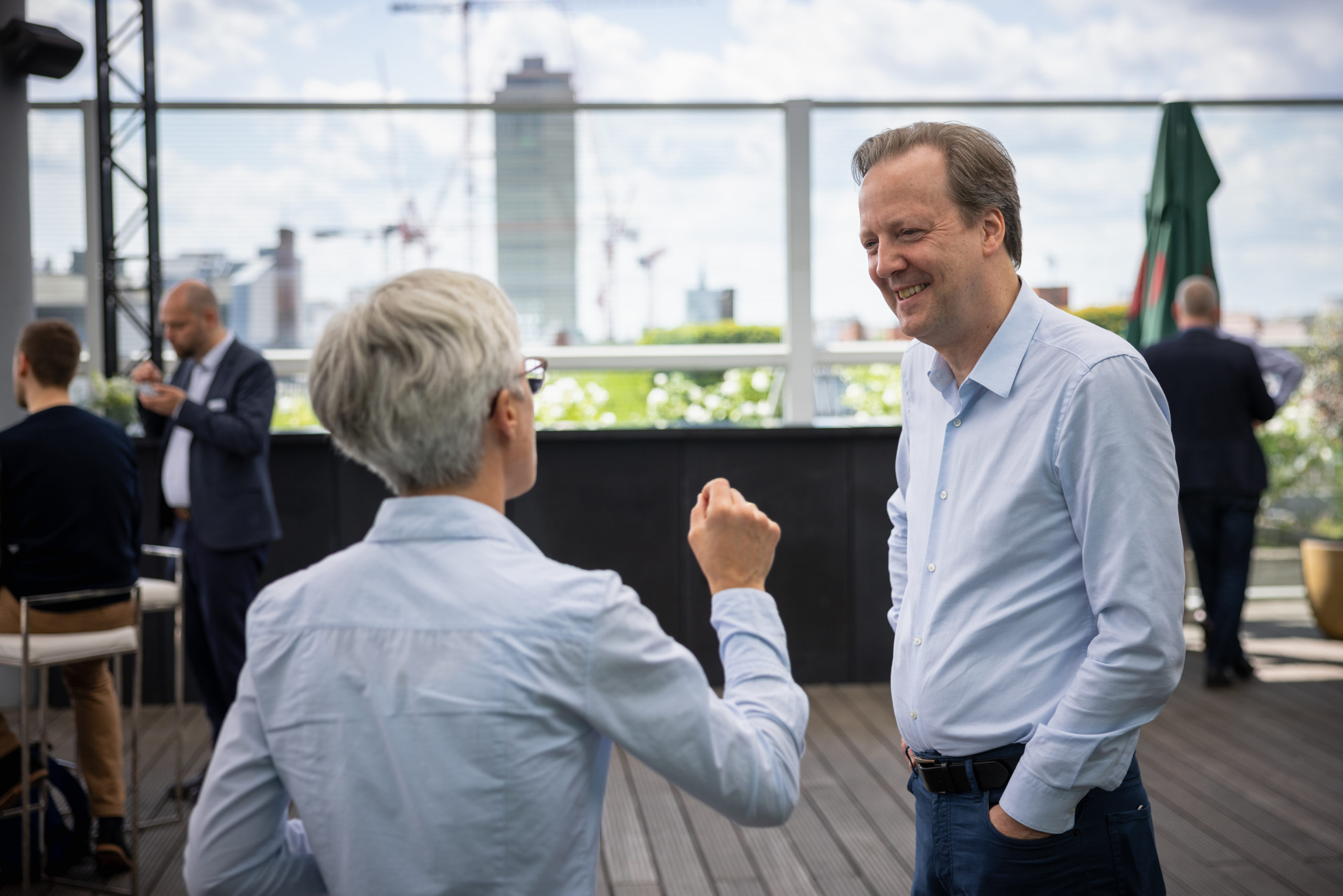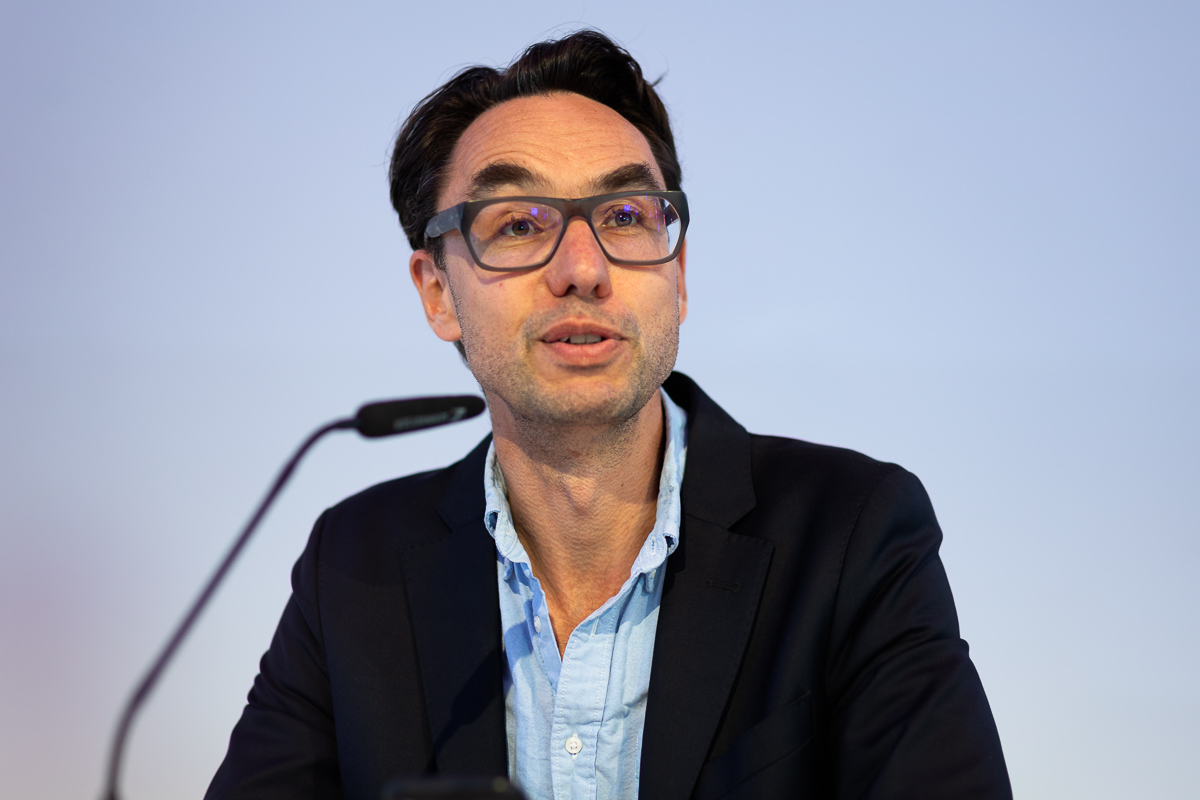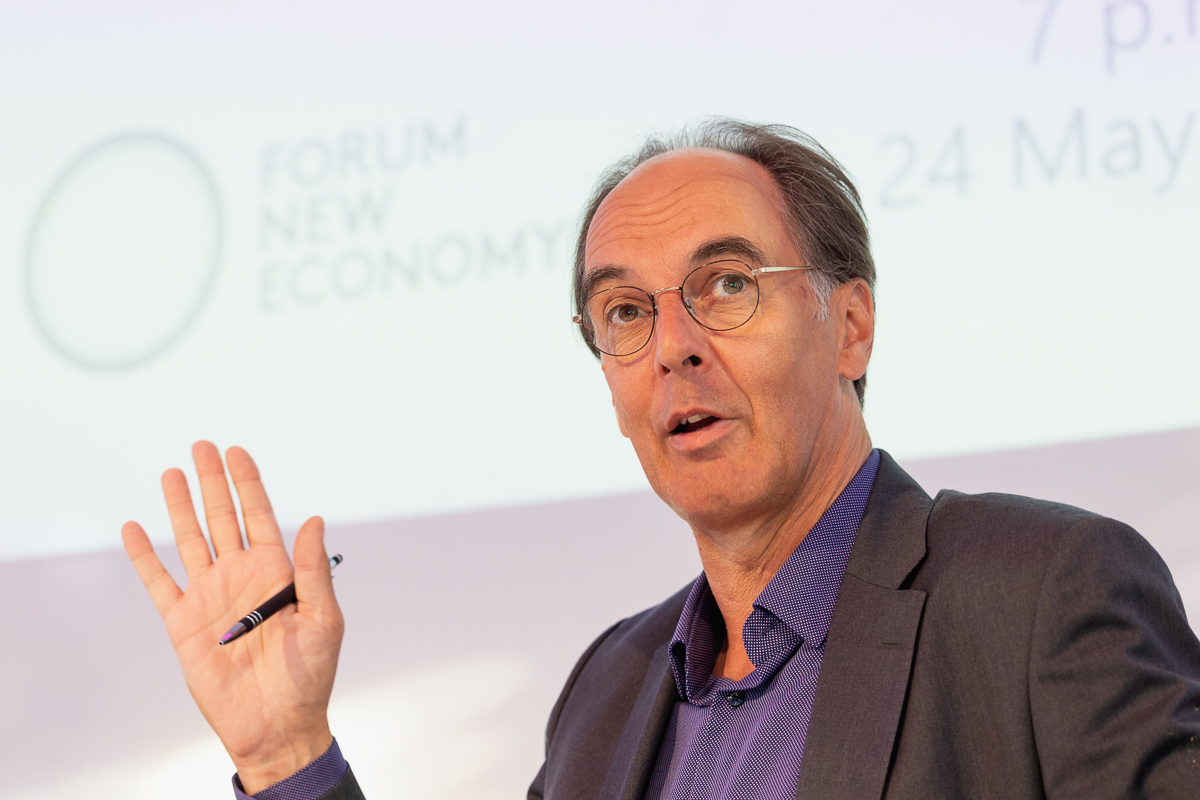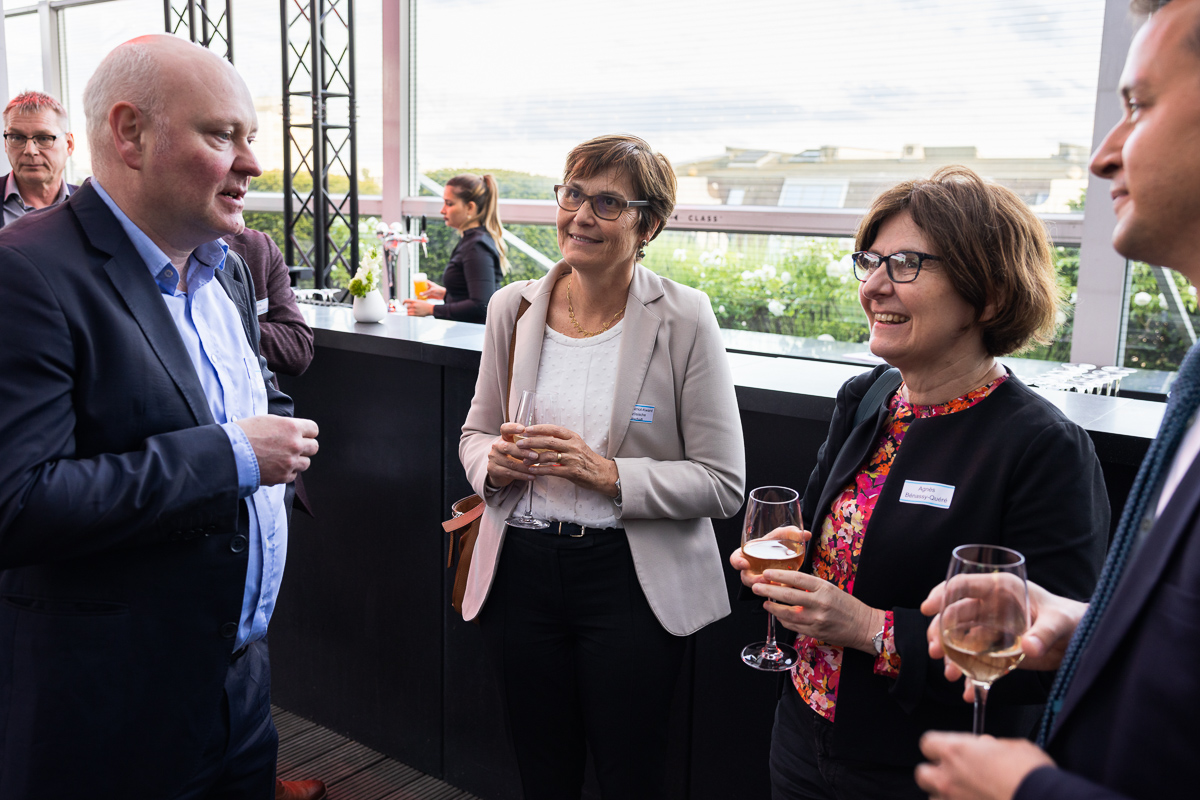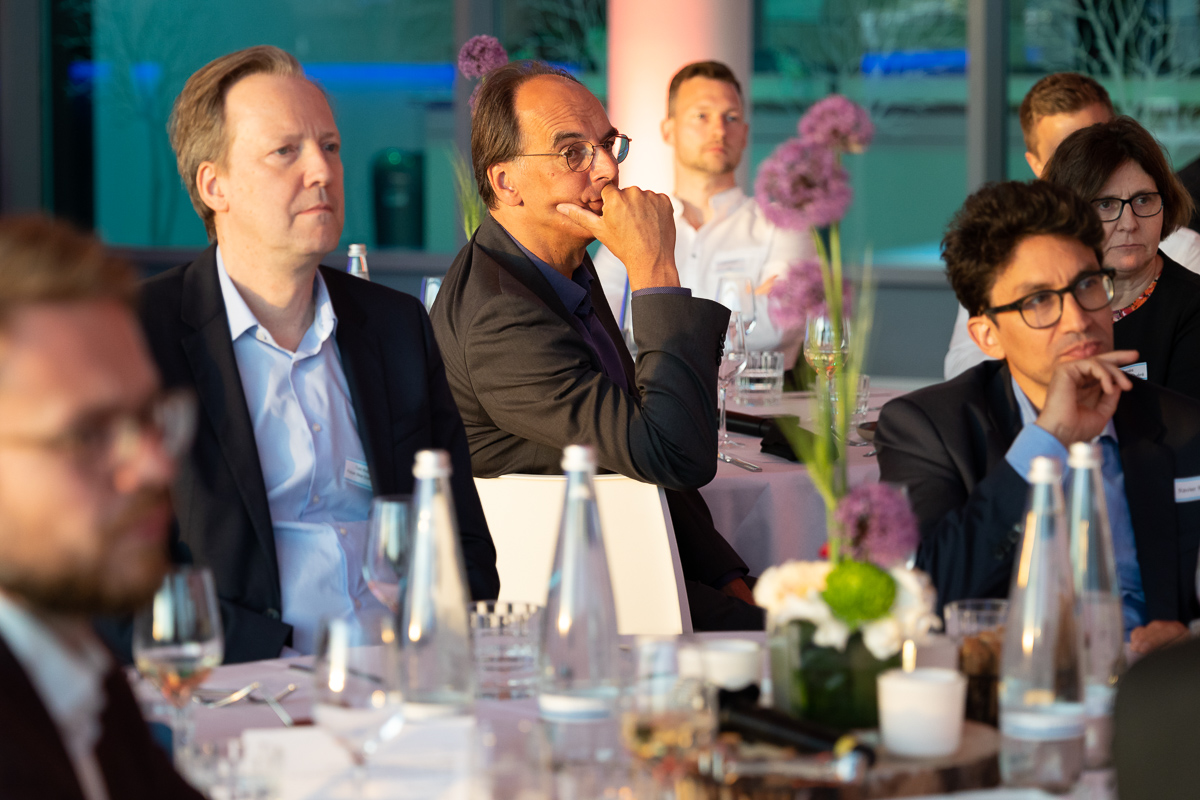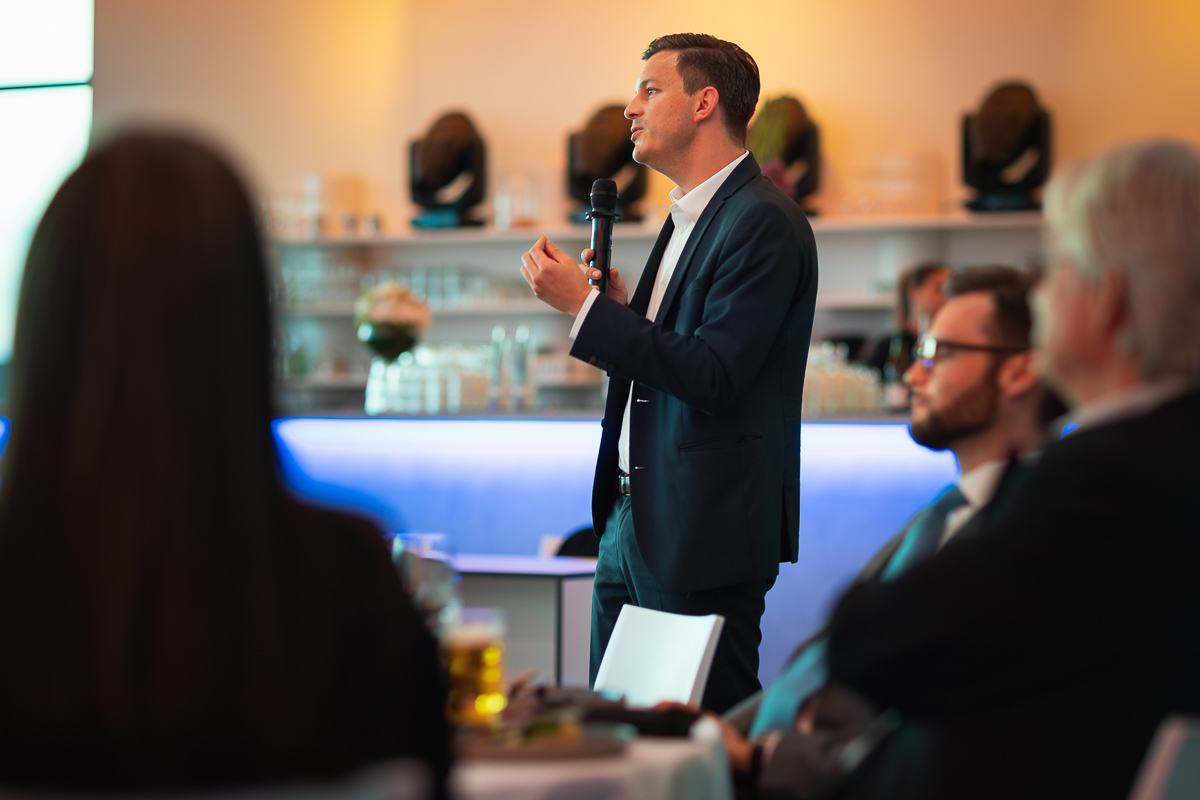THE STATE
Rethinking Government at the Turning of Ages - Workshop Highlights
From overarching paradigms to detailed policy proposals, we have invited leading experts to discuss new roles for the state amidst the turbulent times we are in - at the tenth edition of our New Paradigm Workshop on May 24 & 25 in Berlin.
BY
SONJA HENNENPUBLISHED
1. JUNE 2022READING TIME
5 MIN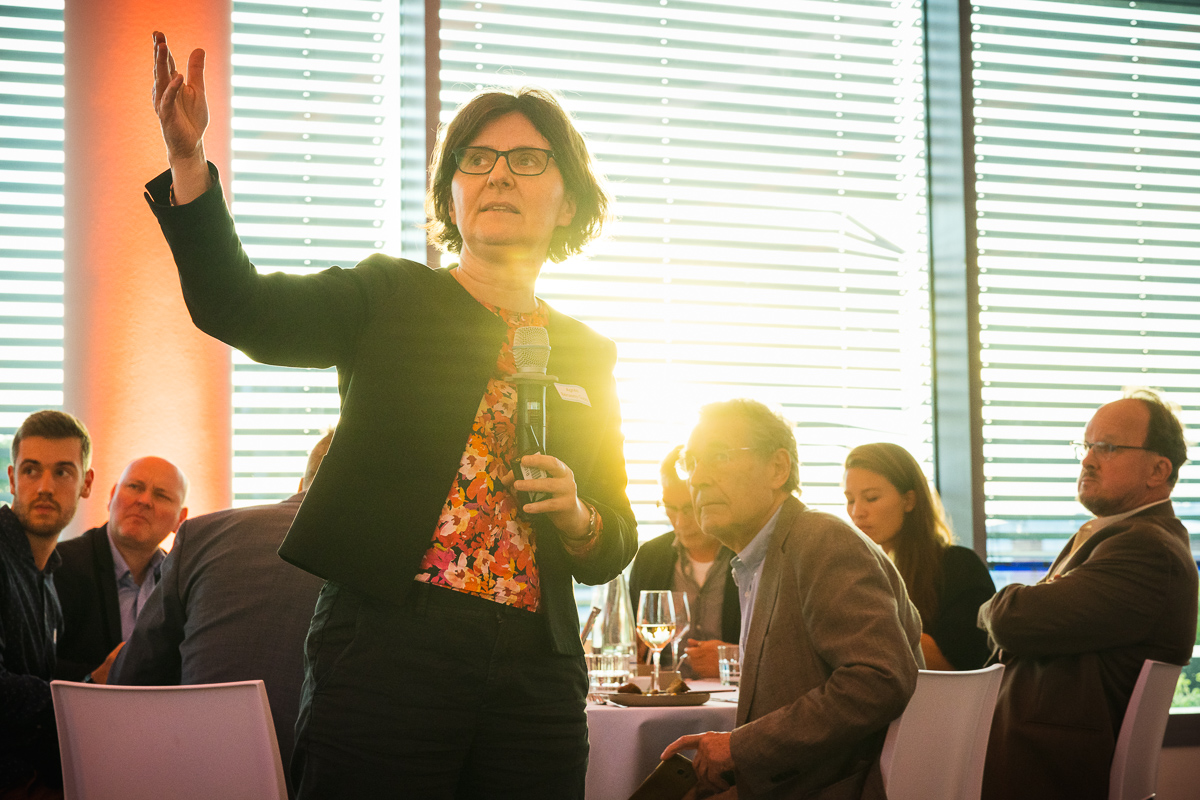
Times are turbulent and one crisis is following the next. From the Ukraine war to rising levels of inflation, high living costs, the climate crisis, and the aftermath of two years of global pandemic, the government is busier than ever coming up with crisis responses and policies.
The increased levels of state action come after decades of market liberalization, in which the prevailing leitmotif was for the state to withdraw from as many areas of the economy and society as possible. The global financial crisis of 2008 acted as a first catalyst for questioning the dictum of the efficient market. Since then, the unfolding crises have only given more reason to consider the primordial confidence in the market’s healing power as obsolete.
However, the observable change towards more frequent state intervention lacks a coherent new guiding principle, and a solid understanding of the precise moments in which state action is necessary and economically justifiable.
We wanted to take a moment to carefully consider the implications of the current times of turbulence and the recalibration of the balance between state and market at the tenth edition of our New Paradigm Workshop on May 24 and 25 in Berlin.
The workshop asked the overarching questions – about paradigms, the new balance between state and market, the moments where state action is needed and economically sensible, and the moments where it isn’t. About the design of the modern state and its historic development. And about the actors beyond the government that are needed to derive sound responses to crises at the turning of ages. It also deep-dove into the knitty-gritty and look at what a new leitmotif means in very tangible terms. What can a government do that wants to address regional disruptions proactively? What is the role of the state in the design and delivery of modern climate policies beyond the carbon price dogma? Is inflation a case for the government? And: what is the current government’s agenda?
The New Paradigm Workshop is the major event the Forum organizes twice a year with multiple sessions revolving all around a main topic of current interest and featuring top international speakers.
This year's workshop speakers included Paul de Grauwe (LSE), Xavier Ragot (OFCE), Alan Auerbach from Berkeley University, KfW chief economist Fritzi Köhler-Geib, the former state secretary for digitization and participation, Christian Kastrop, and the president of Italy’s Innovation Fund, Francesca Bria.

